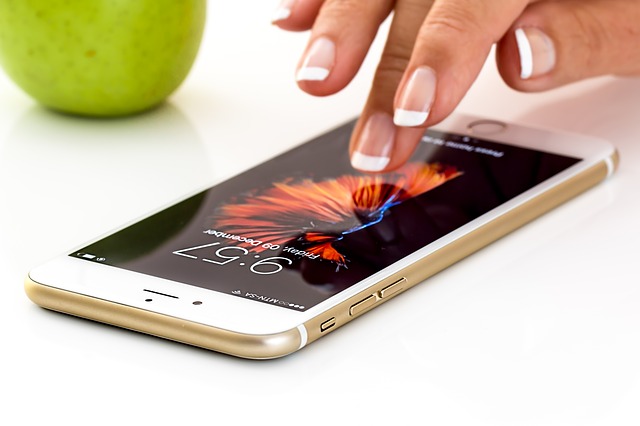A recent study on fertility awareness method apps analyzes how accurate these apps are in assisting women with tracking menstrual cycles.
A Stanford research group published a study on fertility awareness method apps to discuss how accurate these apps are in evaluating menstrual health and fertility across various populations. The study included 200,000 females who used one of two fertility awareness method apps, Sympto and Kindara. Both these apps utilize what is termed the “Sympto-Thermal Method” to identify differences in fertile and infertile times throughout a menstrual cycle. This method records items such as cervical fluid, body temperature upon waking up, along with other biological signs to evaluate fertility.
The researchers observed the usage of apps for over 30 million days, including 2.7 million menstrual cycles, to identify how and what users voluntarily track on the apps. In addition, they studied how accurate these records are in detecting and predicting menstrual cycles.
The study concluded that most users were approximately 30 years old, live in Europe or Northern America, and had a healthy weight. Users also tended to log their observations more frequently when they also logged sexual intercourse. Approximately 24% of menstrual cycles occurred at days 14 to 15 and the timing of the later phase of the menstrual cycle was in line with previous reports. Women who were trying to get pregnant recorded measurements every day for an average of 40% of their menstrual cycles, reporting the phase at the beginning of their menstrual cycle the most.
What do these findings mean for the future of fertility awareness method apps?
This study gives healthcare providers an overview of what the apps track and how accurate tracking the interactions between menstrual cycles and other body systems are in a large population of users. As such, these results may encourage healthcare providers to incorporate the information that fertility awareness method apps provide into their patients’ visits. Furthermore, utilizing these new technologies and encouraging users to self-track their menstrual cycles provide opportunities for women to better understand their health.
These measurements provide valuable information for studying hormonal changes and timing of menstrual cycles, which currently lacks research. For example, the clinical information fertility awareness method apps provide may be helpful for users to evaluate their fertility status by tracking their menstrual cycles as well as for healthcare providers to better evaluate their patients. There are no other large-scale studies done to evaluate how accurate fertility awareness method apps are to date, therefore this study can pave the way for more research to better understand fertility in real-time by using fertility awareness method apps.
Written by Tatsiana Verstak, M.S., B.S.
Reference: Laura Symul, Katarzyna Wac, Paula Hillard & Marcel Salathé. Assessment of menstrual health status and evolution through mobile apps for fertility awareness. npj Digital Medicine. Volume 2, Article number: 64. Published: 16 July 2019.
Image by Steve Buissinne from Pixabay



